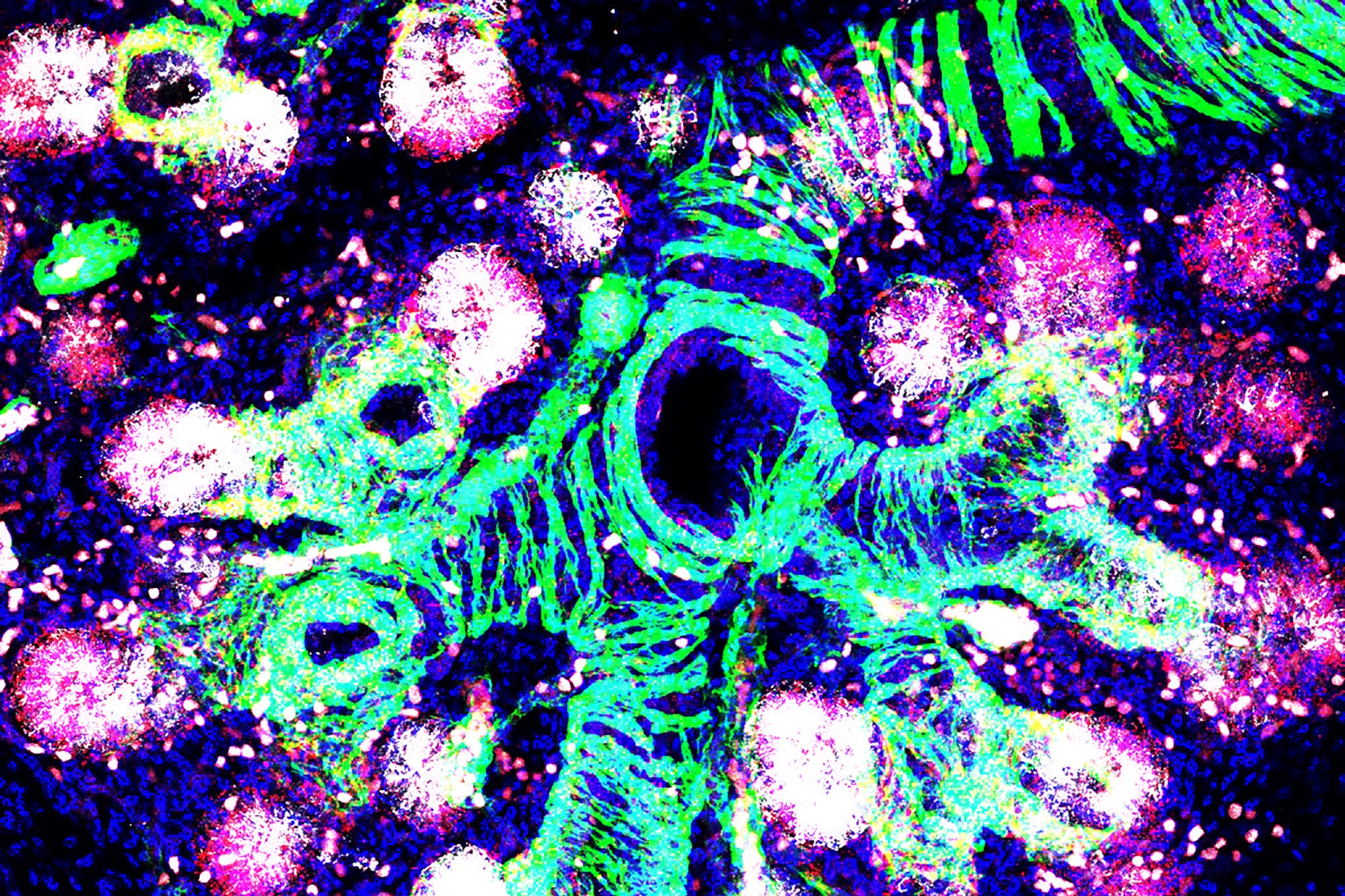Scientists identify more than 500 genes linked to lung function
The findings pave the way for potential new treatments to tackle conditions such as asthma.

More than 500 new genes have been linked to lung function for the first time, allowing scientists to better understand lung disease.
Researchers suggest the findings pave the way for potential new treatments to tackle conditions such as chronic obstructive pulmonary disease (COPD) and asthma.
They also highlight existing drugs that could potentially be repurposed at speed.
This is a big leap in terms of the size and the ethnic diversity of the populations that we've been able to study before
The study, led by the University of Leicester and University of Nottingham, is the largest and most diverse study of its kind.
Principal investigator on the study, Professor Martin Tobin from the University of Leicester Department of Population Health Sciences, said: “This is a big leap in terms of the size and the ethnic diversity of the populations that we’ve been able to study before and it’s a huge step in the number of associated genetic variants that we’ve discovered.
“Our genetic research findings can be used to generate individual risk scores that could personalise medicine.
“At this stage the risk scores we developed form important tools for further research, but in the future these could help to select which drugs might be most effective for individual patients, and which drugs should be avoided.”
Lung function tests analyse how well the organs move air in and out of the body.
In conditions such as asthma and COPD this is made more difficult by narrowing of the airways.
Establishing which genes are involved in lung function is important as these genes hold the proteins that medicines target to prevent or treat disease.
Using a new approach the study identified 559 new genes implicated in lung function with greater confidence than ever before.
Scientists say it is a huge boost as they seek to understand which medicines may help improve lung health, and also which medicines may make it worse.
The study combined genomic information from multiple research studies worldwide as part of the SpiroMeta consortium and the CHARGE consortium.
This provided the researchers with the most ethnically diverse population for this type of study to make their analysis.
The study, published in Nature Genetics, was funded by Wellcome and supported by the National Institute of Health and Care Research (NIHR) Biomedical Research Centres in Leicester and Nottingham.
Bookmark popover
Removed from bookmarks